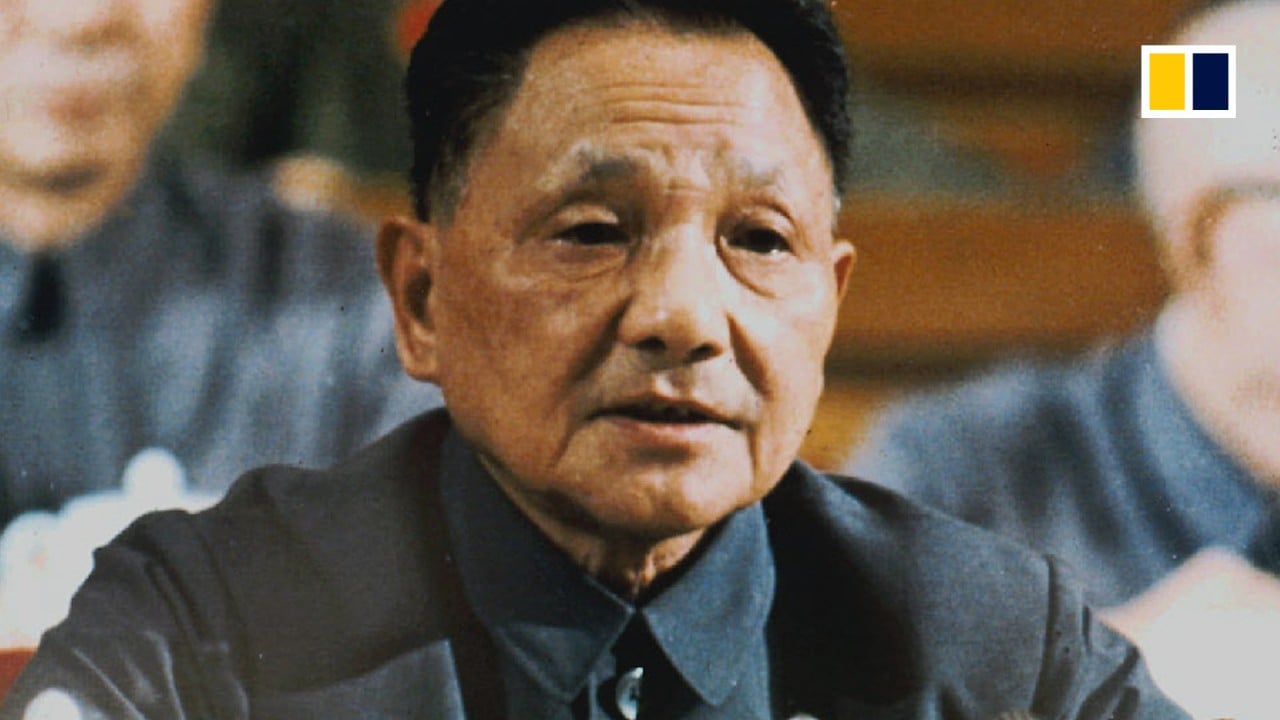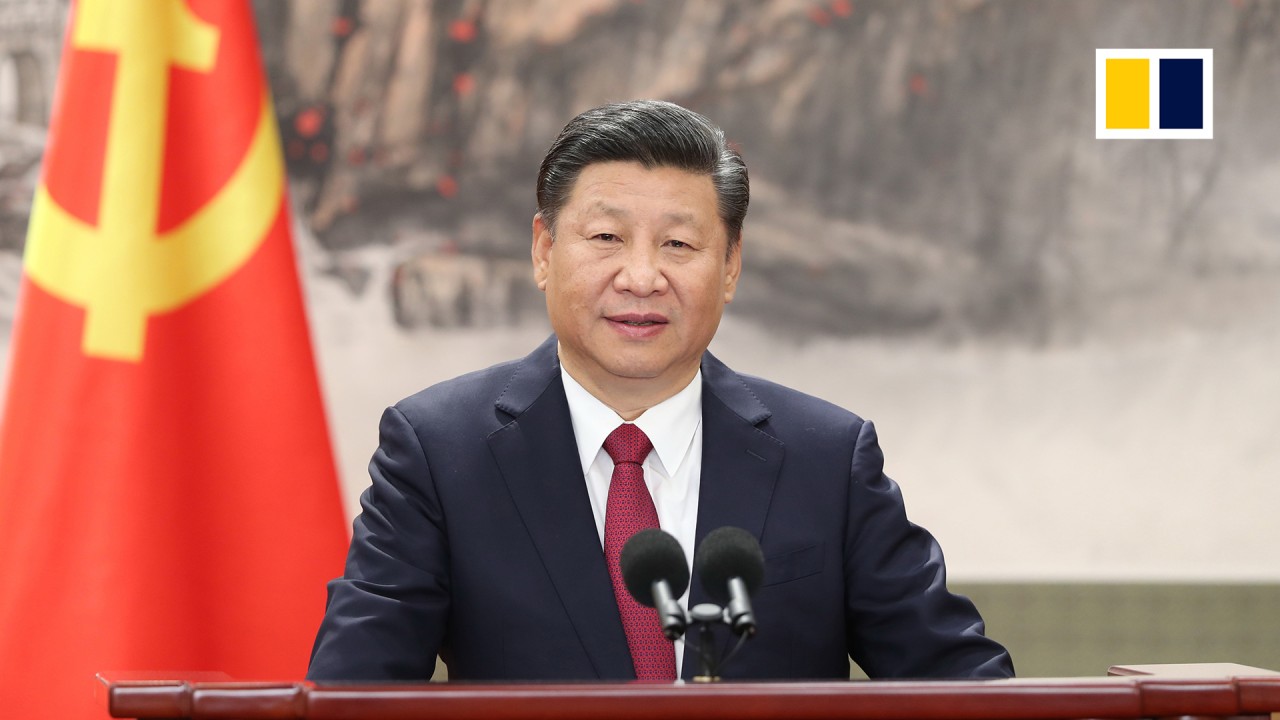
Explainer | Leadership in China’s Communist Party: how general secretary became the country’s top job
- The power of the position has waxed and waned as the leadership structure has changed
- In recent decades, the title has been one of three held by the country’s leader at one time
This is the first in the South China Morning Post’s series of explainers about China’s Communist Party in the lead-up to the party’s centenary in July. In this piece, Jun Mai looks into the power of the party’s general secretary, and how the role has evolved.
The party’s constitution gives the general secretary the power to convene meetings of its inner circles, the seven-member Politburo Standing Committee and the 25-strong Politburo.
The general secretary is also responsible for the secretariat, a party body that oversees ideology, propaganda and personnel appointments, among other party policy areas.
But the general secretary has not always been the foremost leader of the party, which has been through many changes to its leadership structure over the past 100 years.

01:28
China abolishes presidential term limits allowing Xi Jinping to stay on past 2023
Who was the first general secretary?
While revolutionary Chen Duxiu had a leading role in the party from its foundation in 1921, it was only in 1925 that he was formally elected as its first general secretary, three years after Joseph Stalin introduced a similar title for himself in the Soviet Union.
The supremacy of the general secretary position gave way to a new one after 1945, when Mao Zedong became chairman of the Central Committee, or party chairman, the start of more than three decades of unchallenged rule.
The difference between the general secretary and party chairman is a subtle one. The party chairman role has been described as slightly above the collective leadership, whereas the general secretary role is part of it.

03:09
Deng Xiaoping’s role in transforming China
Does personality or formal position matter?
But the power of the party chairman still depended largely on the leader who wielded it. When Mao held the title, he had the final say over all issues and could purge anyone with ease, including the general secretary and president.
However, his successor Hua Guofeng did not have the full support of the party leadership after he took over in 1976 and was sidelined for five years for not joining the push for market reforms.
Mao died in 1976, and the title of party chairman was abolished in 1982 amid a strong consensus among party leaders that decision-making needed to be more collective to avoid a return to the turmoil of Mao’s last days.
Well into the 1980s, the party general secretary was mostly a titular head, responsible for implementing the policies of party elders, particularly those of Deng, who regained power after Mao’s death.
In 1989, Jiang took over from Deng as CMC chairman and from Zhao Ziyang as party general secretary. Four years later, he became the first party general secretary to also be president, starting a precedent that continues to this day.

02:09
How Xi Jinping became China’s most powerful leader since Mao Zedong
How much power does the general secretary have?
In principle, party decisions are made by a simple majority vote of the Politburo Standing Committee, which always has an odd number of members. The Standing Committee has seven members now but it has ranged up to 11. Jiang, general secretary from 1989 to 2002, famously said that “as the leader [of the Standing Committee], I have only one vote”.
But the role of general secretary is vaguely defined: there are no term limits or written rules for selecting successors.
As a result, almost every general secretary has had a different path to the top job in the last few decades.
Jiang was abruptly promoted to the position after Deng ousted the reform-minded Zhao Ziyang,
Hu Jintao was a Standing Committee member for a decade before becoming general secretary in 2002, and Xi spent just five years in a similar position before going one step further up in 2012.
When does the general secretary step down?
Retirement is also not fixed. After Jiang stepped down as the general secretary in 2002, he remained head of the CMC for another two years. Hu, whose first term as party secretary was overshadowed by Jiang, gave up all of his positions at once in 2012.
That allowed Xi to take the reins of the party, state and military at one time.
With no successor named for his role of general secretary and presidential term limits lifted in 2018, Xi is expected to serve a third term starting with the 20th party congress in 2022.
There is speculation that Xi could revive the role of party chairman, which could officially place him above the collective decision-making apparatus. Little is known about whether anything could stand in his way if he wanted it.











